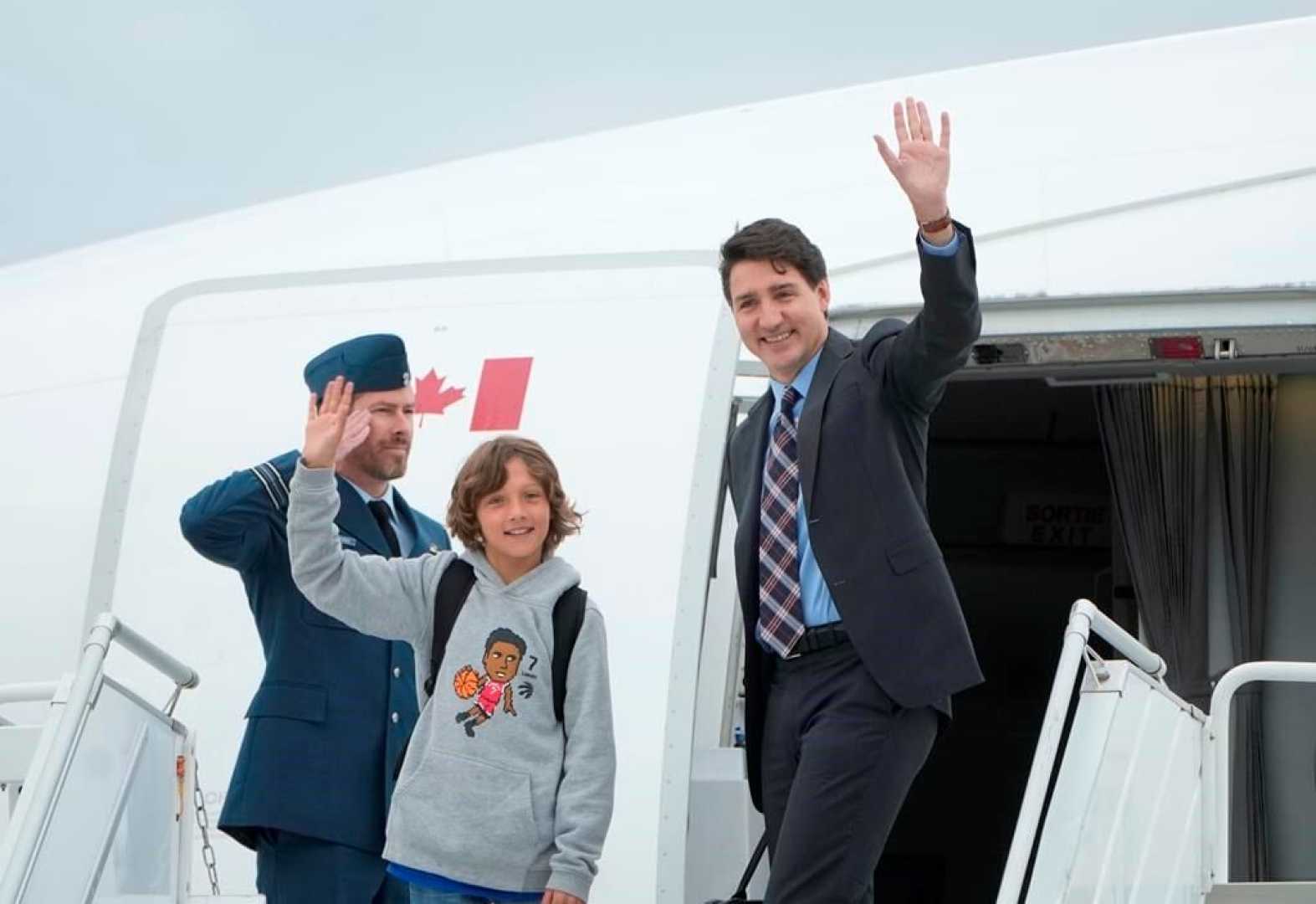News
Trudeau Aims to Strengthen Economic Ties During ASEAN Summit Amid Regional Tensions

The capital city of Vientiane in Laos is currently hosting the biannual Association of Southeast Asian Nations (ASEAN) summit, with Canadian Prime Minister Justin Trudeau making his first official visit to the country. The summit’s theme this year is “Connected and Resilient Community,” focusing on economic growth and regional cooperation.
The summit presents an opportunity for Canada to build deeper ties with the ASEAN nations, which are important trading partners for the country. According to the Prime Minister’s Office, ASEAN is Canada’s fourth largest trading partner, with bilateral trade reaching more than $38.8 billion in 2023.
Canada initiated free trade talks with ASEAN in 2021, targeting a deal by the end of 2025. Separate negotiations for a trade agreement with Indonesia are also in progress, expected to conclude by the end of this year. In an official statement, Trudeau emphasized the significance of sustainable long-term growth, women’s empowerment, and transitioning to clean energy sources.
However, the summit’s economic focus is overshadowed by growing regional tensions, particularly regarding China’s assertive actions in the South China Sea. Stephen Nagy, a senior fellow at the Macdonald-Laurier Institute, noted China’s use of hybrid tactics, including deploying coast guard and merchant ships to exert pressure over territorial claims. “The South China Sea is really a cauldron of instability,” he stated, cautioning that it could escalate to a military conflict affecting global trade routes.
Prime Minister Trudeau is expected to discuss these tensions with ASEAN leaders, alongside Japanese Prime Minister Shigeru Ishiba, one of the other G7 leaders present. While Canada has been vocal against China’s aggressive maneuvers, Vina Nadjibulla from the Asia Pacific Foundation of Canada suggested Canada could offer more support to ASEAN countries by bolstering their maritime and cyber defense capabilities.
With ASEAN’s creation aimed at maintaining regional stability amid historical conflicts, the bloc now finds itself navigating the complex dynamics between its major trading partners: China and the United States. Julie Nguyen, of the York Centre for Asian Research, highlighted the need for ASEAN countries to balance these relationships to ensure regional security and economic development.
These discussions occur amidst additional geopolitical challenges, including Canada’s diplomatic stance on ongoing conflicts in the Middle East and Ukraine, and its intentions to establish a strategic presence in Asia to counterbalance China’s influence. The summit will test how these multifaceted issues are addressed, with senior Canadian officials stressed the importance of “engaging in frank discussions” with ASEAN partners.












